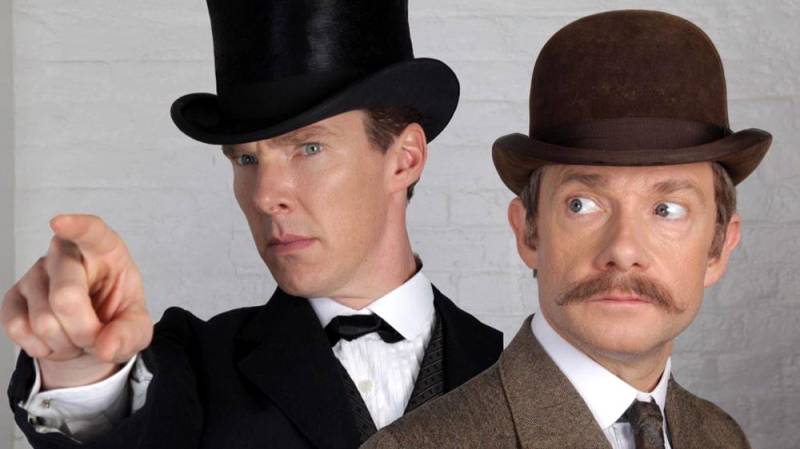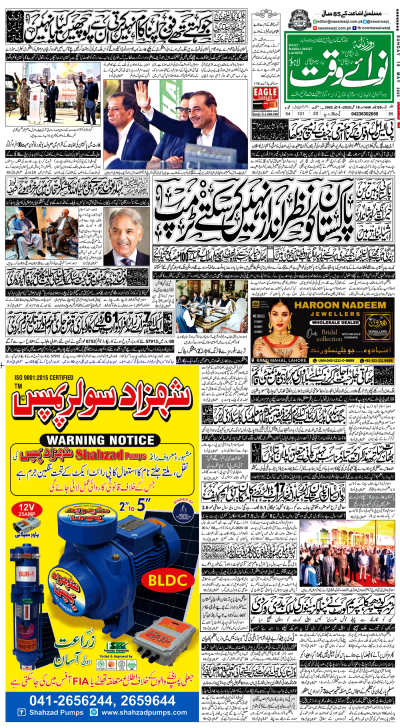I’m telling you – 2016 television is downhill from here on.
From a negligible half-line in one of the 60 stories by Arthur Conan Doyle about Sherlock Holmes – the detective mentions “the case of Ricoletti of the club foot and his abominable wife” as he’s going through old files in The Adventure of the Musgrave Ritual – Mark Gatiss and Steven Moffat built 90 minutes of the fastest, funniest, flashiest, cleverest, most demanding, ridiculous and brilliant drama there is likely to be until … well, possibly until the next Sherlock comes along, sometime in 2017 we are told.
The Abominable Bride, the long-awaited Christmas special from Moffatt, Gatiss, Benedict Cumberbatch, Martin Freeman and just about everyone else who has had a hand in the nine episodes of Sherlock that have been gifted to a grateful nation since it first exploded on our screens in 2010, was set in Victorian London (one of the few things we knew in advance, thanks to the impossibility of filming anyone in full 19th-century tweeds without someone popping the news on Twitter). Any fears that the age would weary it were briskly dealt with by Mrs Hudson in the first few minutes. A barrage of in-jokes about her character’s silence in Watson’s retellings of events in the Strand Magazine, a lightning deduction by Holmes about the mysterious woman in his sitting room (“Is it intentional?”) and we were off.
Lestrade arrived to report a case – a bride shoots herself dead in public only to reappear in the street and kill her husband a few hours later. Both their bodies are present in the morgue for all to see. “How?” “Twins?” suggests Watson. No, says Holmes. “Why?” “Because it’s never twins.”
It was never twins. There were doubles, and doublings-back, and parallels aplenty, there were storylines nesting inside storylines nesting inside storylines, dreams inside realities and out again, there were riffs on the riffs we know from the “real” series – the detective plucks imaginary cuttings from the air instead of websites and images and Watson is summoned by Holmes via telegram instead of text (“Come at once. If convenient. If not convenient, come all the same” – because Sherlock is a constant) – but never twins.
It was an utterly dazzling display, with bravura performances from the actors – Cumberbatch and Scott’s first scene together being among the finest they have ever had – and the plotting (if you stayed with it, and if you didn’t – no matter. That’s what the rewind button’s for. In the meantime, just marvel at the treasures being poured out before you) was a thing of wonder.
All the traditional elements of the modern Sherlock were there. There was Watson’s doomed attempts, as they sat waiting for the spectral bride to appear, to get Sherlock to talk about his feelings. The self-referential jokes about the problems of writing people in and out of stories. The beautiful simplicity of Sherlock’s summations (“Poetry or truth?” “Many people would say they’re the same thing.” “Yes. Idiots.”) The deerstalker as acknowledged prop.
Plus, for Christmas, gothic, glittering madness that all came right and rational in the end. We will discuss the Moffat/Gatiss take on feminism at a later date (my Twitter feed suggests there are some – uh – issues arising), but in the meantime, let’s enjoy the fact that there was a joyous and sumptuous celebration of what television and talent that trusts in itself can do, all tipped out in one gorgeous, unstoppable rush. Watching it was like plunging down the Reichenbach Falls.
Missed you.
Courtesy The Guardian






